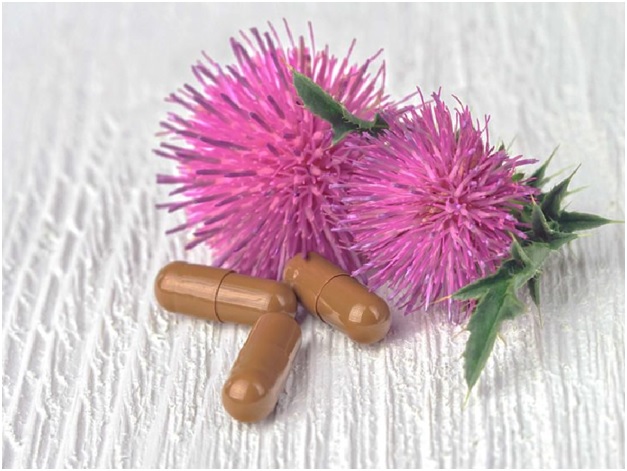Role and Advantages of Glutathione

Glutathione is a strong antioxidant, which has been widely publicized because of its presumed health benefits. Glutathione is a potent antioxidant found in all of the body’s cells. It’s made up of three different sorts of molecules called amino acids. All of the proteins in the body are made up of amino acids that combine in various configurations. Glutathione (กรู ตา ไธ โอน, term in Thai) is unique in that it may be produced in the liver, which is not the case with most antioxidants. Glutathione serves a variety of roles, including:
- DNA is the genetic material that is used to produce proteins and cells.
- Assisting with immunological function.
- Sperm cell formation.
- Assisting the action of some enzymes.
- Vitamins c and e help to regenerate the body.
- Mercury is transported out of the brain in this way.
- Assisting the liver and gallbladder in lipid digestion.
- Helping in the regular demise of cells.
Glutathione levels can be raised with oral or intravenous supplementation. Supplements that activate the body’s natural glutathione production are another possibility. Reduced toxin exposure and increased intake of nutritious meals are other effective strategies to boost glutathione levels naturally.
What are some of the advantages of glutathione?
-
Reduces oxidative stress –
The imbalance between the generation of free radicals and the body’s ability to combat them causes oxidative stress. Excessive oxidative stress may be a precursor to a variety of illnesses. Diabetes, cancer, and rheumatoid arthritis are among them. Glutathione protects against the effects of oxidative stress, which may lead to a reduction in disease.
-
May improve psoriasis –
Whey protein improved psoriasis with or without further treatment when administered orally. Whey protein has been shown to boost glutathione levels in the past. For three months, participants were given 20 grams of an oral supplement.
-
Reduces alcohol and non-alcoholic liver fatty damage cell –
A deficit in antioxidants, notable glutathione, can aggravate mortality of cells in the liver. In both those who use alcohol and those who don’t, this can develop fatty liver disease. In the blood of people with alcoholic and nonalcoholic chronic fatty liver disease, glutathione has been demonstrated to enhance protein, enzymes, and bilirubin levels.
-
Improves the resistance to insulin in aged persons –
They create less glutathione when people are old. The role of glutathione in weight management and resistance to insulin in elderly people was explored in a combination of animal and human studies by researchers at the Baylor School of Medicine. Studies have shown that low levels of glutathione are connected with lower fat burning, and increased fat storage rates in the body. Elderly individuals had cysteine and glycine added to their meals to enhance glutathione.
-
Increases mobility for persons with peripheral artery disease –
Peripheral artery disease occurs when a plaque obstructs the peripheral arteries. It happens in the legs most frequently. One study revealed that the circulation of glutathione improved and study participants were able to run great distances without suffering. Intravenous infusions were delivered twice a day for five days and then analyzed for mobility to participants receiving glutathione rather than a saline placebo solution.
Leave a reply
You must be logged in to post a comment.














